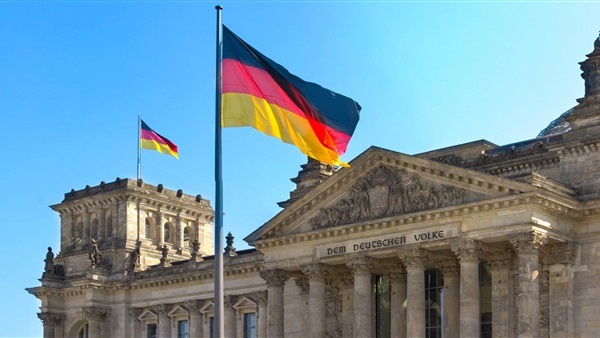Right-Wing Extremism in Germany: Unrest in Bavaria

Germany has witnessed a notable rise in the popularity of
right-wing extremism in recent years, with these ideologies becoming more
prevalent in German society. Extreme right-wing movements and organizations
have become more active.
Several factors contribute to the surge of right-wing
extremism in Germany. One key factor is the fear of refugees. After the influx
of refugees into Europe in 2015, concerns about the impact of this wave on
German society escalated, leading to increased support for extreme right-wing
ideas that advocate for immigration reduction.
Furthermore, like many other European countries, Germany
is grappling with an economic crisis, which has led to increased unemployment
and poverty. This has contributed to frustration and a sense of disillusionment
among some citizens, making them more susceptible to extreme right-wing ideas
that promise magical solutions to their problems.
Some German politicians have played a role in spreading
extreme right-wing ideas by using inflammatory rhetoric against refugees and
immigrants, intensifying social tensions.
Prominent Extremist Groups
The state of Bavaria has been grappling with the spread
of extremist groups, with the most prominent being the Alternative for Germany
(AfD) party. AfD is a far-right political party founded in 2013, advocating for
reduced immigration, the promotion of German identity, and opposition to
globalization.
The New Right Nationalists movement, founded in 1964,
seeks to revive Nazism and promotes hatred towards foreigners.
The "Citizens of the Reich" group, an extremist
right-wing organization established in 2019, calls for the overthrow of German
democratic institutions and the establishment of a German nationalist state.
The German government has been taking measures to counter
the rise of right-wing extremism, including banning extremist groups. The
German government has banned several extremist groups, including the New Right
Nationalists and the "Citizens of the Reich."
The government has also intensified monitoring of
political rhetoric, aiming to prevent the spread of extreme right-wing ideas.
It has also enhanced awareness programs against extremism to help citizens
understand the dangers of such ideologies.
Despite these efforts, the rise of right-wing extremism
in Germany remains a significant challenge for the German government and German
society at large. Therefore, the German government is working to strengthen
values of tolerance and diversity within German society by supporting educational
and training programs that focus on promoting these values.
Stringent Government Measures
In 2023, the German Parliament banned the "Lateral
Thinking" movement, an extremist group that promotes conspiracy theories
about the coronavirus and the war in Ukraine. In 2022, the German government
launched a national awareness campaign against extremism, targeting young
people in particular.
In 2021, the German government established a new office
to combat extremism, aiming to enhance cooperation between various government
bodies and civil society in this regard.
It is expected that the German government will continue
to take additional measures to address the rise of right-wing extremism as part
of its efforts to promote tolerance and diversity in German society.







